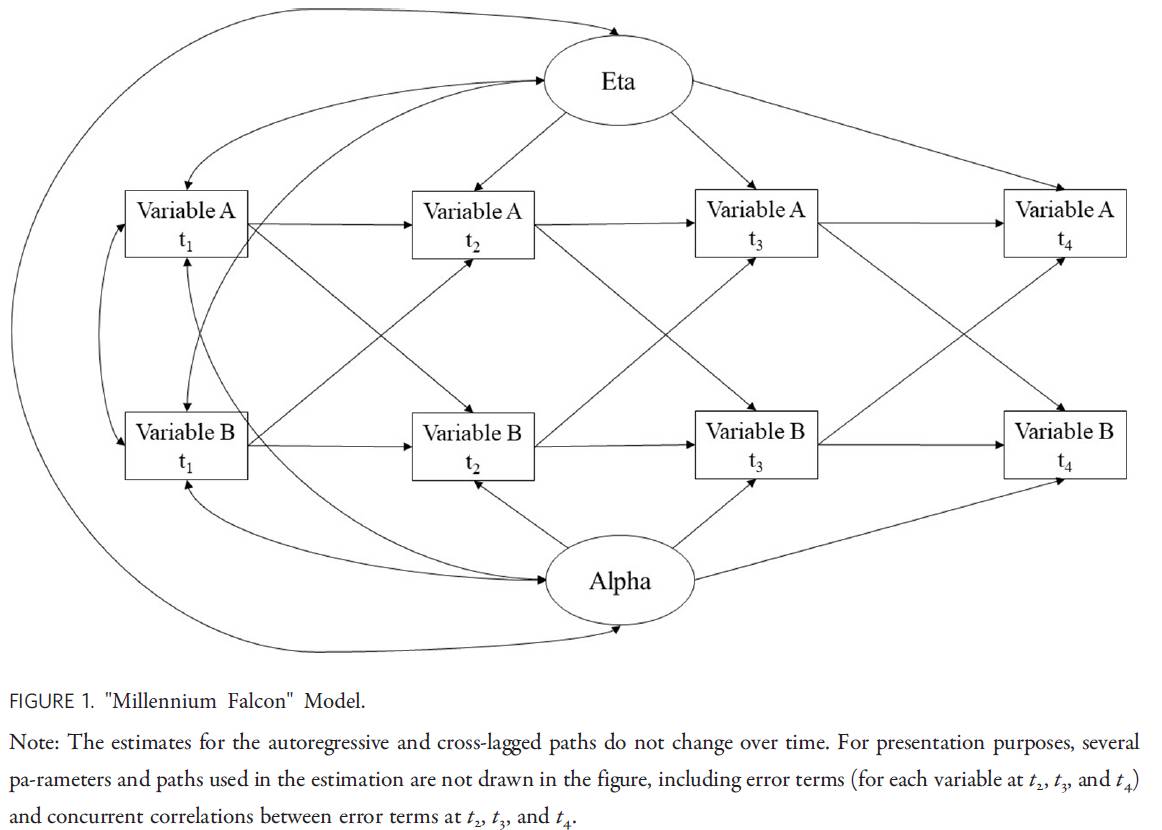Texas State experts use a “Millennium Falcon” model to test United Nations environmental sustainability agenda
Manuel Garcia | May 4, 2020

Texas State University faculty Matt Clement and Nathan W. Pino, professors of sociology at the College of Liberal Arts, used a model in the shape of a Star Wars Millennium Falcon to predict if the United Nation’s Sustainable Development Goals (SDG) were interconnected.
Clement drew the model to illustrate the reciprocal relationship, and Pino noticed its shape of the Millennium Falcon. “Being Star Wars fans, we were really happy to discover this. It was serendipitous. The force must have been with us,” said Clement.
The professors worked alongside Patrick T. Greiner with Vanderbilt University and Julius McGee from Portland State University.
Established in 2015, the UN created the SDG as part of the 2030 Agenda for Sustainable Development. The purpose is to provide a plan to increase world stability through ending poverty, reducing violence against women, providing education for children, combating climate change, and promoting a peaceful and inclusive society.
The framework centered around the “three E’s” of development:
- Ecology, by conserving natural resources and reducing environmental impact.
- Economy, by maintaining economic growth and job creation, and
- Equity, by ensuring that the benefits of economic growth are equitably distributed.
The UN concluded that the three E’s are interconnected. For example, progress towards climate change meant positive movement towards ending poverty. Using data from the World Bank and Standardized World Income Inequality Database between 1990 to 2015, Clement and Pino used the three E’s to represent: renewable energy consumption, economic growth, and economic quality.
They tested whether those three things significantly influence each other and discovered that there was no evidence that they did.
“The only statistically significant association we found was that as societies become more equal over time, renewable energy consumption increases. This finding is consistent with previous research by environmental social scientists: As society becomes more equal, social cohesion and public confidence improve, creating the social glue to promote environmentally responsible behavior, including the passage of legislation to support the development and widespread deployment of sustainable technologies,” said Clement.
Pino adds that scholars, activists, and policy makers often assume that growth in the economy should be the primary measure of progress, with sustainability being a secondary concern, but this finding shows it is advantageous to focus more on policies promoting equality and sustainability instead of growth.
Share this article
For more information, contact University Communications:Jayme Blaschke, 512-245-2555 Sandy Pantlik, 512-245-2922 |